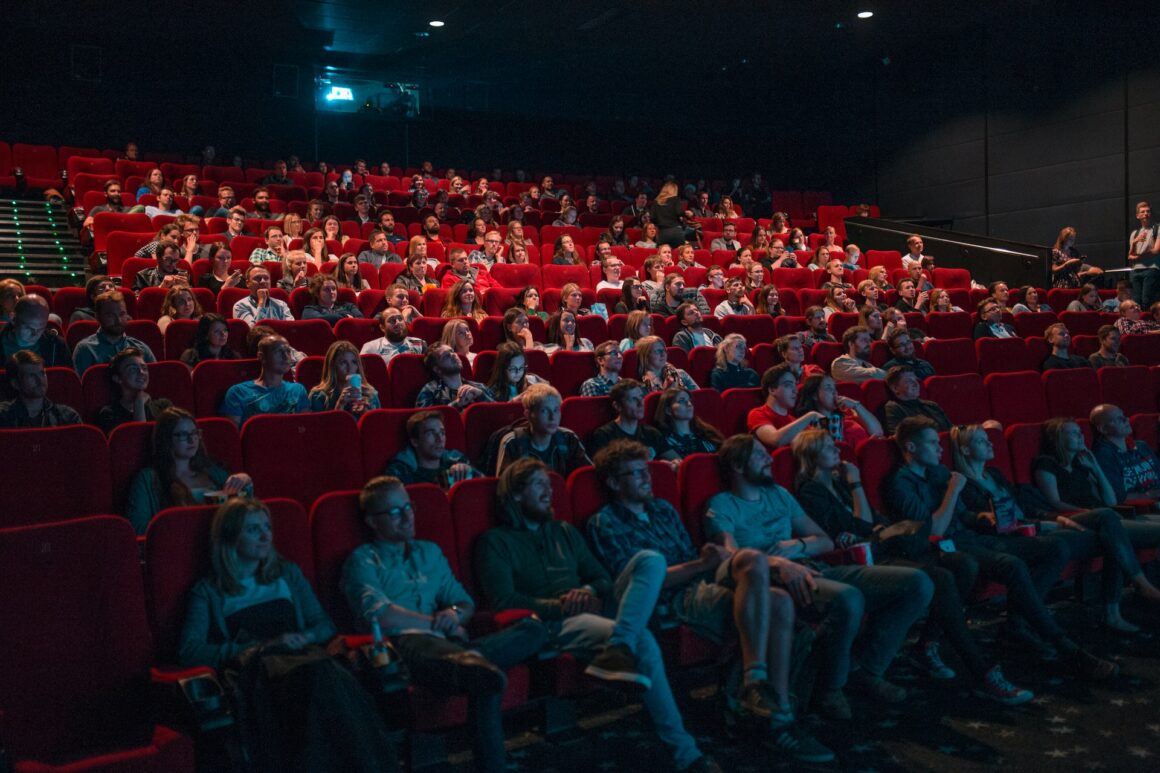I couldn’t put my finger on what I didn’t like about BBC’s ‘The A Word’ when I watched the first episode. I had even made a real effort to sit down with my mother and watch it as it aired (a miracle in the era of catch-up TV), rather than half-watching it while multitasking. All I could really say by the end of that hour was that I didn’t think it was that great, and that I wouldn’t be watching the next episode.
For those of you who haven’t seen ‘The A Word’, first broadcast in the UK in March 2016, it is a 6-episode drama about a family struggling to come to terms with, among many things, their son’s unique behavior and subsequent diagnosis of autism. As someone with more knowledge of autism than the average viewer of such a program, I went into it with the expectation that I would not learn anything new or be surprised by any information given regarding autism. My experience comes from having a younger brother who was diagnosed with autism at the age of three, so I have not only seen how a child viewed as eccentric but sweet can be diagnosed with a condition still regarded by many as some sort of horrible punishment, but how a family can react to that diagnosis.
Would it not have been more groundbreaking, from a cinematic point of view, to show a family who take a diagnosis like that and rally around their son to help him?
Joe, the autistic boy in ‘The A Word’, is around five at the time of his diagnosis. He is already in school, without any kind of special prevision that would indicate someone suspecting him of being neuroatypical. His special interest in music, the most conspicuously ‘autistic’ thing about him, sets the indie soundtrack for the show. Other than that, we see that during his birthday party, he has what some parents may consider a ‘meltdown’, when he flops face-down onto the floor and lies there silent and still, probably overwhelmed by the confusing party game. He certainly has difficulties, both with his cognitive and social development, but from the hour of this program that I watched, I saw a child who, with the right support and understanding, had a lot of potential for a happy and fulfilled life.
His parents, on the other hand, have what I would more accurately describe as a ‘meltdown’ when faced with his diagnosis. His mother Alison bans the word ‘autistic’ from their house and tries to find someone to blame for her son’s condition, even going so far as to pinpoint exposure to her husband’s oldie music as a possible cause. Of course, I cannot imagine what it must feel like to be told that your child has a condition like autism – so misunderstood, often vilified, and with such a broad scope of difficulties – but I still felt that their complete horror, especially Alison’s, was extreme. How must it have felt for viewers on the autistic spectrum to watch that? Would it not have been more groundbreaking, from a cinematic point of view, to show a family who take a diagnosis like that and rally around their son to help him, rather than dissolving into blaming each other for somehow ‘causing’ a condition now proven to be primarily driven by genetics?
You may remember at this point that I wrote earlier that the family are struggling to come to terms with many things other than Joe’s diagnosis. Normally I would applaud this – characters with disabilities should be able to exist in stories that aren’t centered around their disability – but in this case, the lack of focus on Joe felt like we were doing him an injustice. Specifically, the storyline about Uncle Eddie and Aunt Nicola, who are estranged after Nicola had an affair, felt incredibly irrelevant. Instead of learning more about Joe, finding out about his personality outside of the flat autism diagnosis, we had to sit through scenes of dull family politics and one horrifically awkward sex scene.
Characters with disabilities should be able to exist in stories that aren’t centered around their disability – but in this case, the lack of focus on Joe felt like we were doing him an injustice.
I finally realized, after long sessions of contemplation to prepare to write this article, that the reason I disliked ‘The A Word’ was because it focused so very little on Joe himself. His character has been described by other auties as stereotypical, ‘too neat’ in a box, to the point where I might suggest that he is more of a caricature of an autistic child than an actual one. His character may have suffered at the expense of trying to make the rest of his family situation seem more ‘relatable’, with all the little tensions and problems that every family has. It seems that I wasn’t the only one that was unimpressed with the focus on the mundane problems of the adults, rather than the boy who the whole story was supposedly centered on. My final verdict, however, is this: if you are going to create a drama supposedly centered on a child on the autistic spectrum, perhaps show the viewers a little more of that child and his personality, rather than the politics of the adults that surround him.




